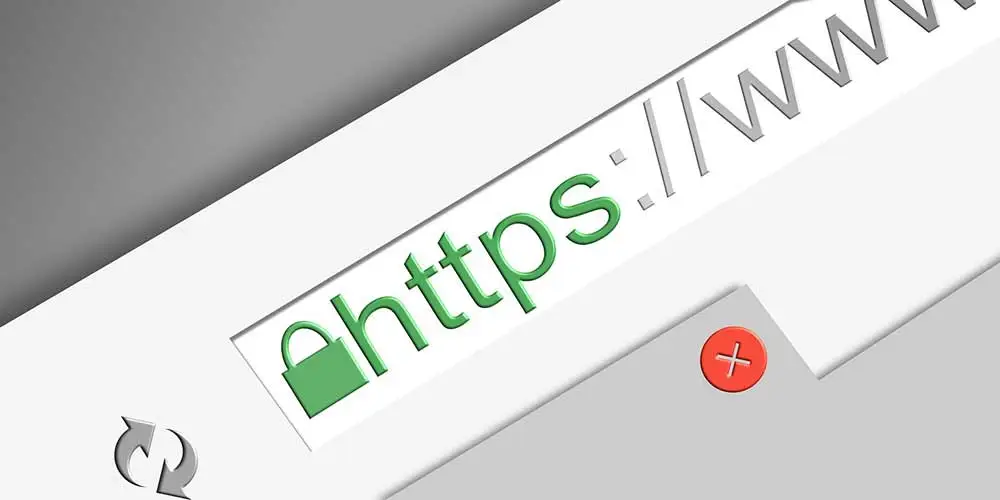
In 2023, website security is more important than ever. It has been reported that on average, roughly 30,000 websites were successfully hacked every day in 2022! What this means is that hackers gained unauthorized access to the files and databases of almost 11 million websites each year.
This of course is does not take into account the far greater number of “failed” hacking attempts to gain unauthorized access to websites’ private information.
And if your website is on WordPress, the most popular web publishing platform in the world, then you should seriously consider taking the necessary measures to thwart hackers as WordPress websites are a quite often the preferred target of hackers.
So, without further adieu, here are 5 common security risks associated with operating a website.
No SSL Certificate

You’ve likely seen that most website URLs begin with https, rather than http. What’s the difference? In the former, there is the letter “s” after the “http”. The “s” signifies that the connection between the web browser and the web server has been encrypted for security. This protocol is guaranteed via an SSL certificate. With SSL implemented, your website has protection against phishing scams, data breaches and other threats. And having SSL in place, builds trust with your website visitors.
Comment Spam

This is perhaps one of the most pervasive of all website security risks. Comment spam, as the name implies, results from posting “spammy” comments in response to a blog post and/or social media post. Unfortunately, comment spam is here to stay, unless you enjoy deleting voluminous spammy comments that are submitted for your blog posts or social media accounts. Comment spam can have numerous negative impacts on your website, so it may be worth it to disable the ability to comment on your website altogether.
Negative SEO

Sometimes referred to as “Black Hat SEO”, Negative SEO is more specifically the blatant use of overtly Black Hat techniques, in order to sabotage that competitor’s search rankings through search engine penalties. Although Black Hat SEO is generally the practice of using techniques that violate search engine rules with the goal of fooling search engines into obtaining better search rankings. Negative SEO differs in that it can be used to target a competitor’s website by attacking it with malicious code, not only weakening the security of the competitor’s website, but getting it blacklisted by Google and other search engines.
Malware and Virus Infections

Malware is a broad term used to describe any kind of malicious software. A virus, on the other hand, is a particular type of malware that is able to replicate via malicious insertion of its code into others. Malware attacks are very common website security risks that can be perpetrated in a number of ways, such as via bots, keyloggers and phishing scams by hackers. The purpose of a malware attack is usually to steal sensitive information or redirect visitors to another malicious website.
DDoS attacks

The acronym, DDoS, stands for “Distributed Denial of Service”. And a DDoS attack is an attempt to crash a web server by sending it an overwhelming amount of traffic from numerous sources. However, practically speaking, DDoS attacks, generally target larger websites, particularly in the gaming industry or financial services. Quite often DDoS attacks are the result those with a political or activist agenda.
How to Secure Your Website
With an seemingly ever-growing number of hacking occurring across the globe, website owners would be well-advised to implement better security practices to safeguard their websites from the aforementioned security risks.